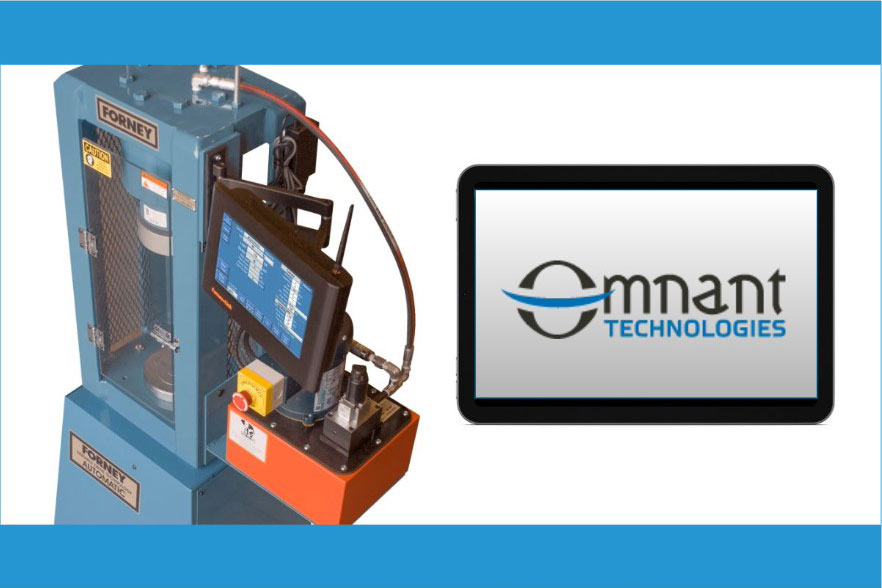Construction & Engineering Certification Tracking
Managing employee certifications in construction and engineering firms has evolved much further than just spreadsheets and calendar reminders. As regulatory requirements become more complex and teams grow larger, automated certification tracking has become essential for maintaining compliance and operational efficiency.
The Growing Complexity of Certification Management
Construction and engineering firms face an ever-expanding array of certification requirements across different specialties, jurisdictions, and project types. From professional engineering licenses to specialized testing certifications, keeping track of these credentials manually creates significant risks for both employees and organizations.
Key Challenges in Traditional Certification Management
Many firms still struggle with outdated certification tracking methods that create unnecessary risks and inefficiencies. Without a centralized system, organizations face a complex web of spreadsheets, email reminders, and paper files that become increasingly difficult to manage as teams grow.
The impact of ineffective certification tracking extends throughout the organization:
Missed Renewals
Manual tracking systems often lead to overlooked expiration dates and rushed renewal processes. This can result in project delays, compliance violations, and even work stoppages when key team members have expired certifications.
Incomplete Records
Paper-based systems make it difficult to maintain comprehensive certification histories. When documentation is scattered across multiple locations and formats, firms struggle to demonstrate compliance during audits or quickly verify staff qualifications for urgent project needs.
Resource Drain
Administrative staff spend countless hours managing and updating certification records. The time invested in manually tracking expiration dates, sending reminders, filing paperwork, and generating reports could be better spent on strategic initiatives.
Communication Gaps
Without a centralized system, important certification updates may fail to reach all relevant stakeholders. Project managers may be unaware of upcoming certification expirations that could impact their teams, while employees might miss critical renewal deadlines.
Compliance Risk
Manual tracking increases the likelihood of human error in managing certifications. In industries where compliance is non-negotiable, these errors can lead to serious consequences, including regulatory violations, project delays, and potential liability issues.
The Power of Automated Certification Tracking
Modern certification tracking software like the Omnant platform transforms how construction and engineering firms manage their team's credentials. Automation brings a new level of reliability and efficiency to the certification management process , ensuring that no critical renewal dates slip through the cracks.
Smart notifications and proactive alerts help firms maintain continuous compliance by:
- Anticipating Renewals: Automated reminders ensure plenty of time for completion of necessary requirements
- Tracking Progress: Real-time monitoring of certification status across the organization
- Maintaining History: Complete digital records of all certifications and renewal activities
Benefits Beyond Compliance
While maintaining compliance is paramount, automated construction certification tracking delivers additional advantages that impact the entire organization. Digital tracking systems provide valuable insights into team capabilities and help optimize resource allocation for projects requiring specific certifications.
The comprehensive approach to certification management enables:
- Strategic Workforce Planning: Understand certification coverage across departments and identify gaps before they impact projects
- Simplified Auditing: Generate detailed reports instantly for internal reviews or external auditors
- Enhanced Project Planning: Quickly identify qualified team members for specific project requirements
Top 4 Implementation Best Practices
Successfully transitioning to automated certification tracking requires careful planning and consideration of your organization's specific needs. Consider these key factors when implementing a new system:
- Integration Capabilities – Ensure the system can connect with existing HR and project management tools
- Customization Options – Look for flexibility in setting up notification schedules and tracking requirements
- Accessibility – Choose a solution that provides easy access for both administrators and employees
- Reporting Features – Verify that the system can generate the specific reports your organization needs
The Future of Certification Management
As the construction and engineering industries continue to evolve, the importance of efficient certification tracking will only grow. Automated systems provide the foundation for scaling operations while maintaining compliance and supporting professional development across the organization.
Ready to transform your certification management process? Contact us to learn how Omnant's automated certification tracking solution can help your organization maintain compliance while reducing administrative burden.
Share this Post:
Related Blog Post
Start streamlining your inspection and CMT testing processes with Omnant's integrated solution. Contact us today to learn how our software can support your goals for operational excellence.



